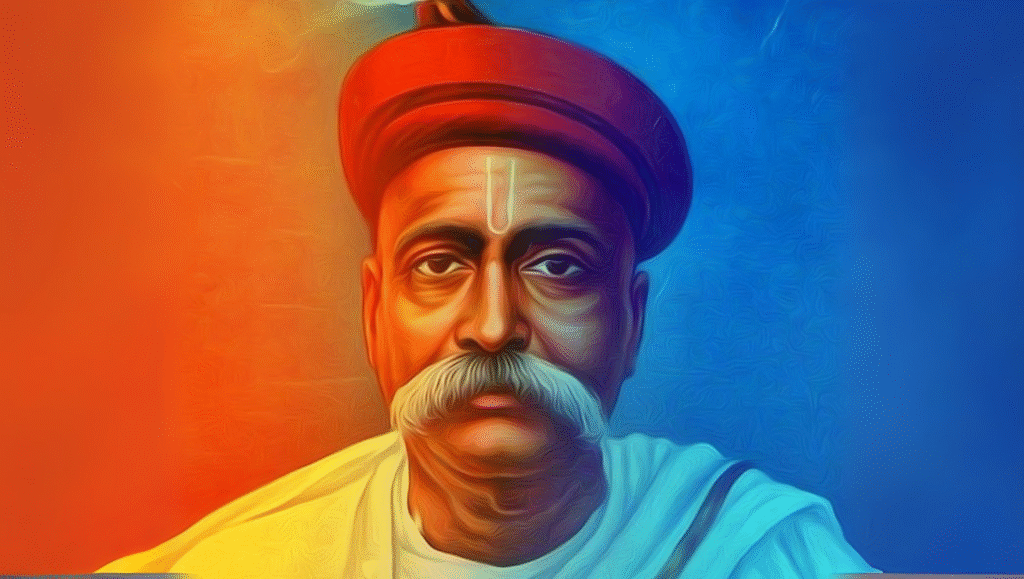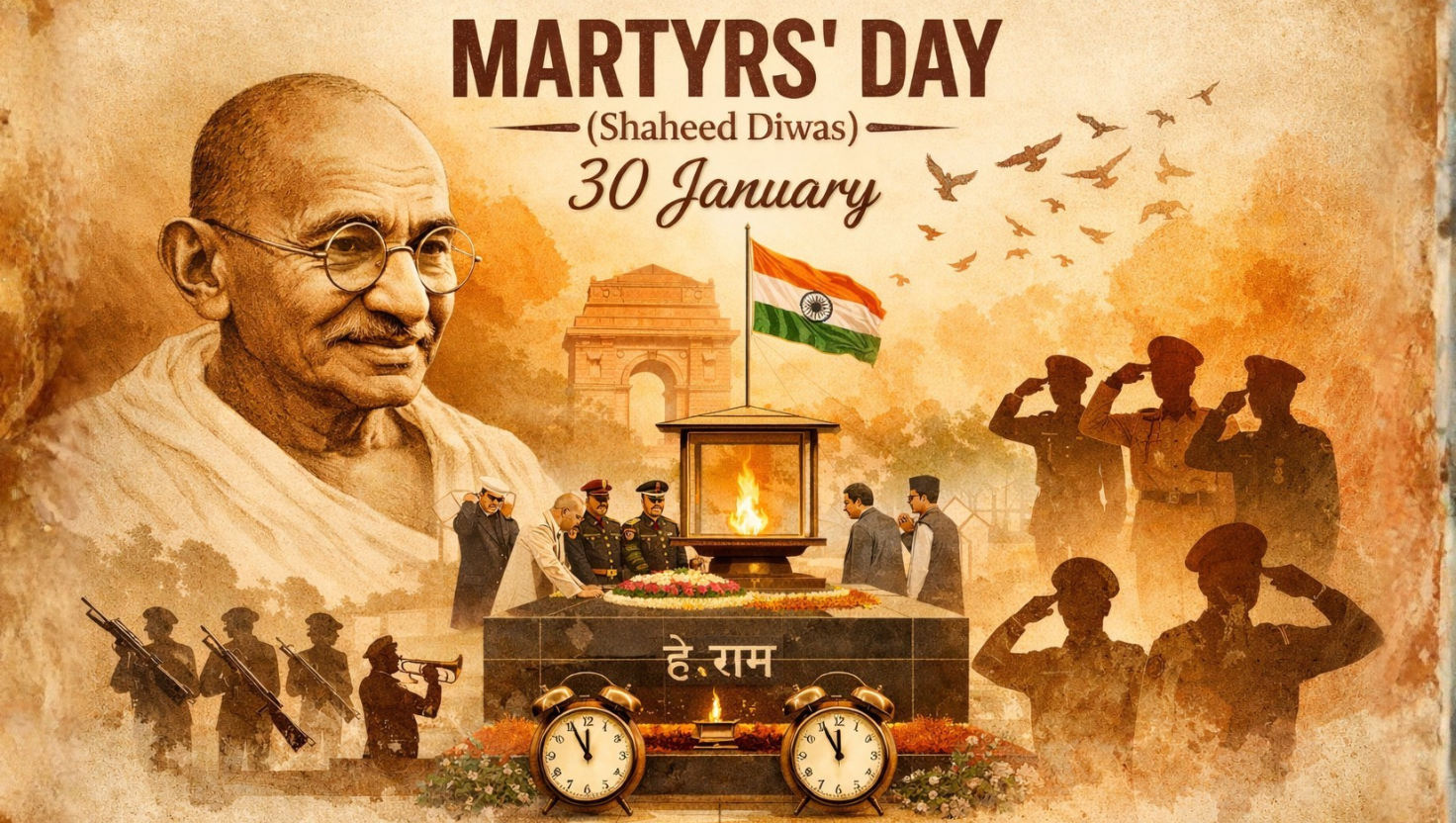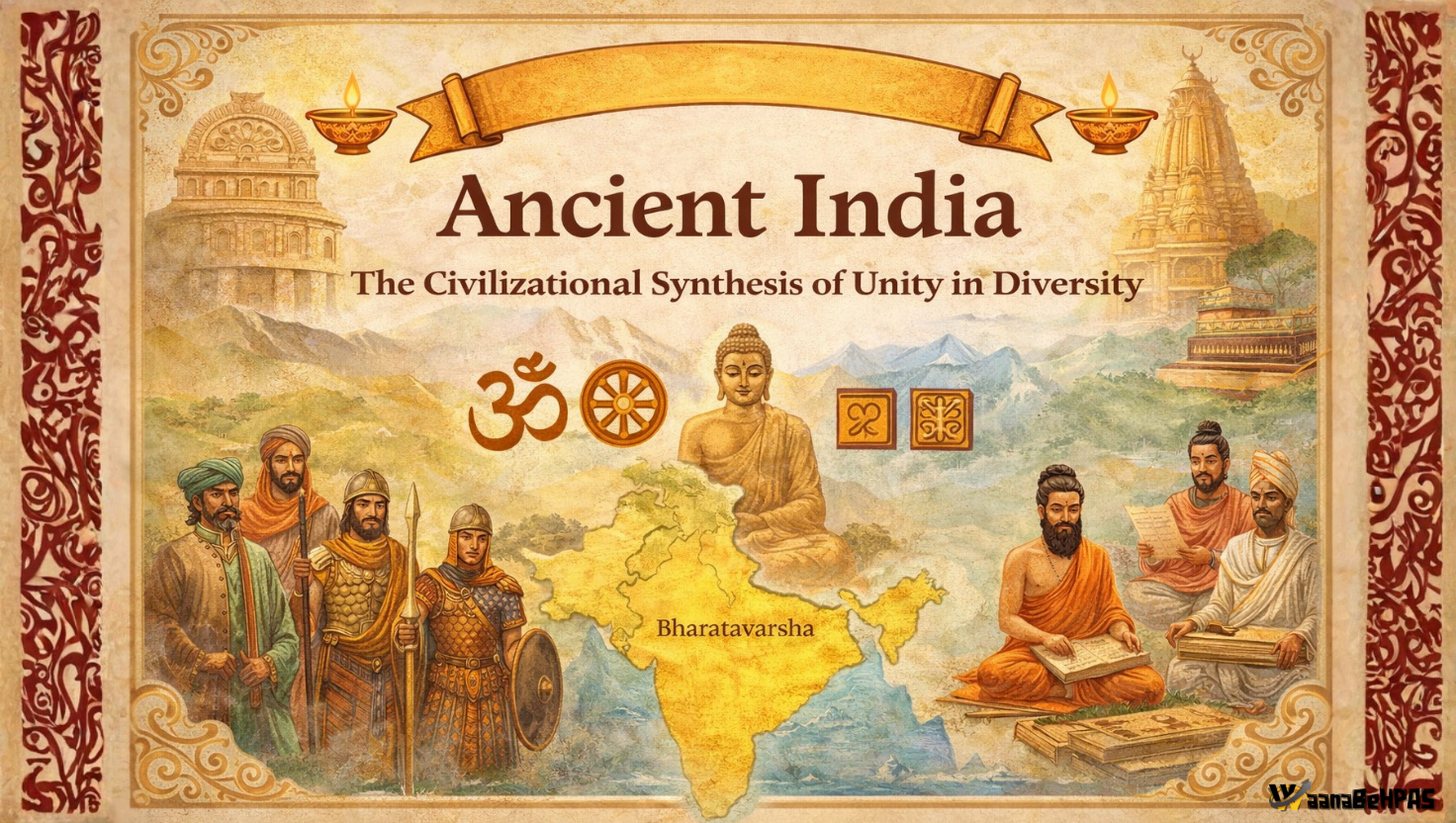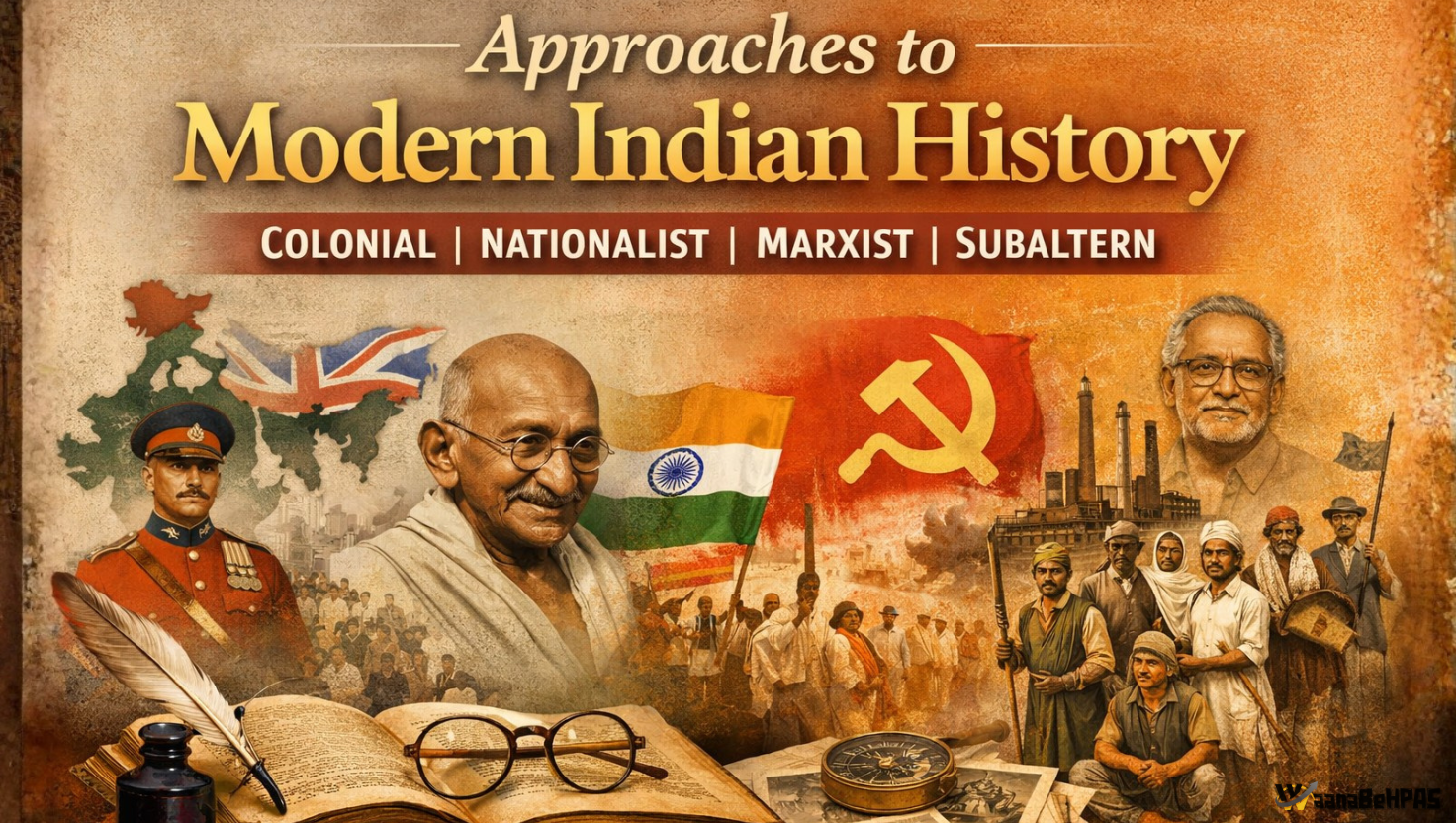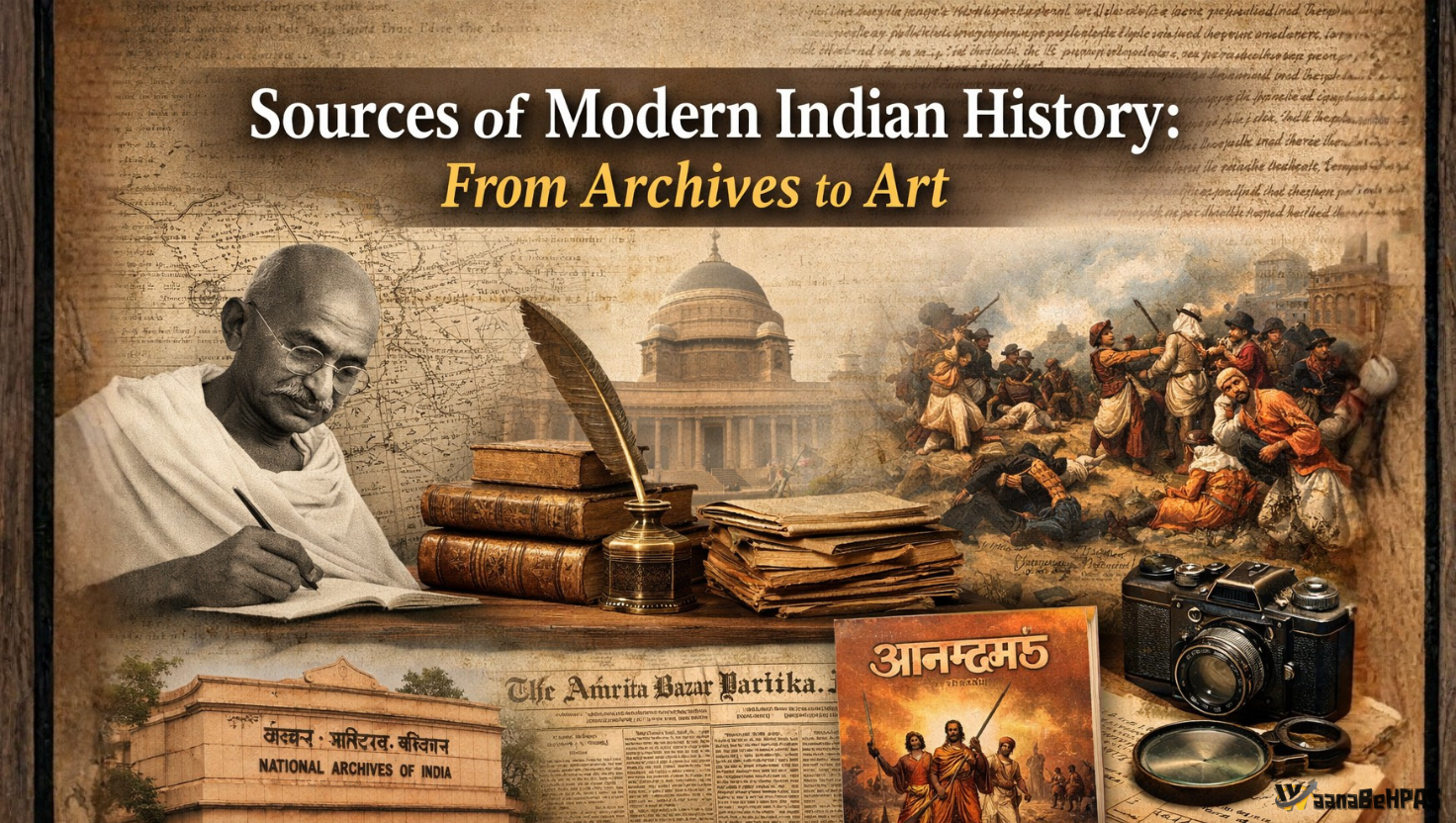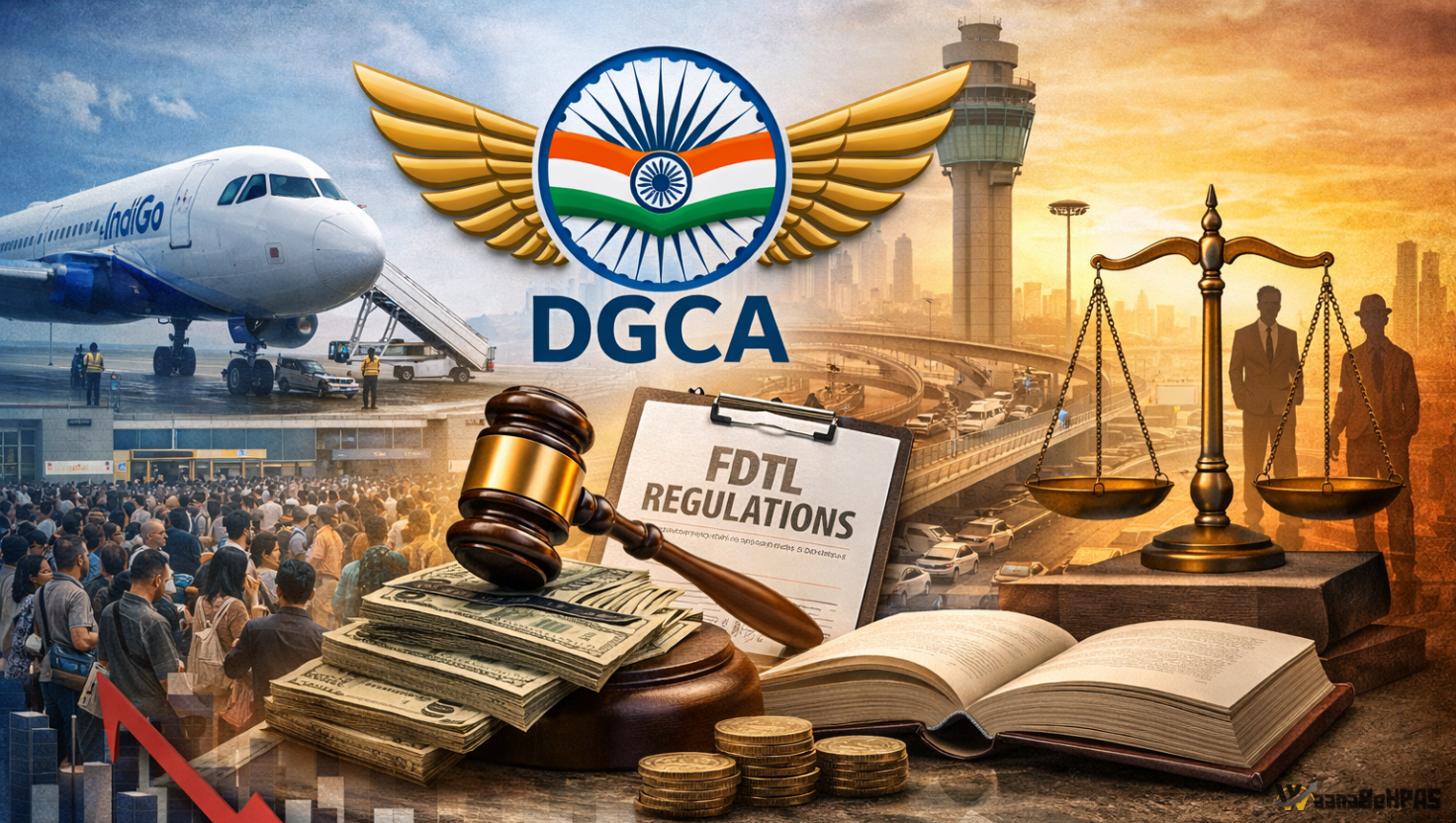The Extremist Phase and the Ideology of Lokmanya Bal Gangadhar Tilak
Source: FPJ
Syllabus: Modern Indian History (GS I, Prelims)
Context: On the death anniversary of Lokmanya Tilak, the Union Home Minister paid tribute to his role in transforming Swaraj into a mass movement and laying the ideological foundation of India’s freedom struggle.
Who Was He?
Lokmanya Bal Gangadhar Tilak was a prominent freedom fighter, nationalist thinker, social reformer, journalist, and educationist. Referred to as the “Father of Indian Unrest” by British authorities, he was one of the first leaders to assertively demand Swaraj (self-rule) for Indians.
Early Life & Education:
- Born: July 23, 1856, in Ratnagiri, Maharashtra.
- Education: Graduated in Mathematics and Law from Deccan College, Pune.
- Co-founded the Deccan Education Society and Fergusson College, aiming to promote nationalist education.
Key Contributions to the Freedom Movement:
- Swaraj is My Birthright: He famously popularised this slogan, galvanising public sentiment against British rule.
- Press & Public Awakening: Founded two newspapers — Kesari (Marathi) and The Mahratta (English) — as tools for political awareness and mass mobilisation.
- Cultural Nationalism: Revived Ganesh Utsav and Shivaji Jayanti to foster unity and nationalism using cultural symbols.
- Extremist Leadership: Part of the assertive nationalist trio Lal-Bal-Pal (with Lala Lajpat Rai and Bipin Chandra Pal), challenging the moderate stance within the Indian National Congress.
- Home Rule Movement (1916): Collaborated with Annie Besant to demand self-governance under British rule.
- Writings: Authored seminal works like Gita Rahasya, The Arctic Home in the Vedas, and Orion, demonstrating his multidisciplinary intellect.
Imprisonment and Ideological Rifts:
- Faced multiple imprisonments on charges of sedition, notably in 1897 and 1908 for writings inciting opposition to British rule.
- Strongly opposed the moderate approach of prayer and petitions, leading to the Surat Split (1907) within the Congress.
Legacy:
- Died: August 1, 1920, in Mumbai.
- Though his demise marked the end of a revolutionary era, his ideology greatly influenced later mass movements such as Non-Cooperation and Civil Disobedience led by Mahatma Gandhi.

